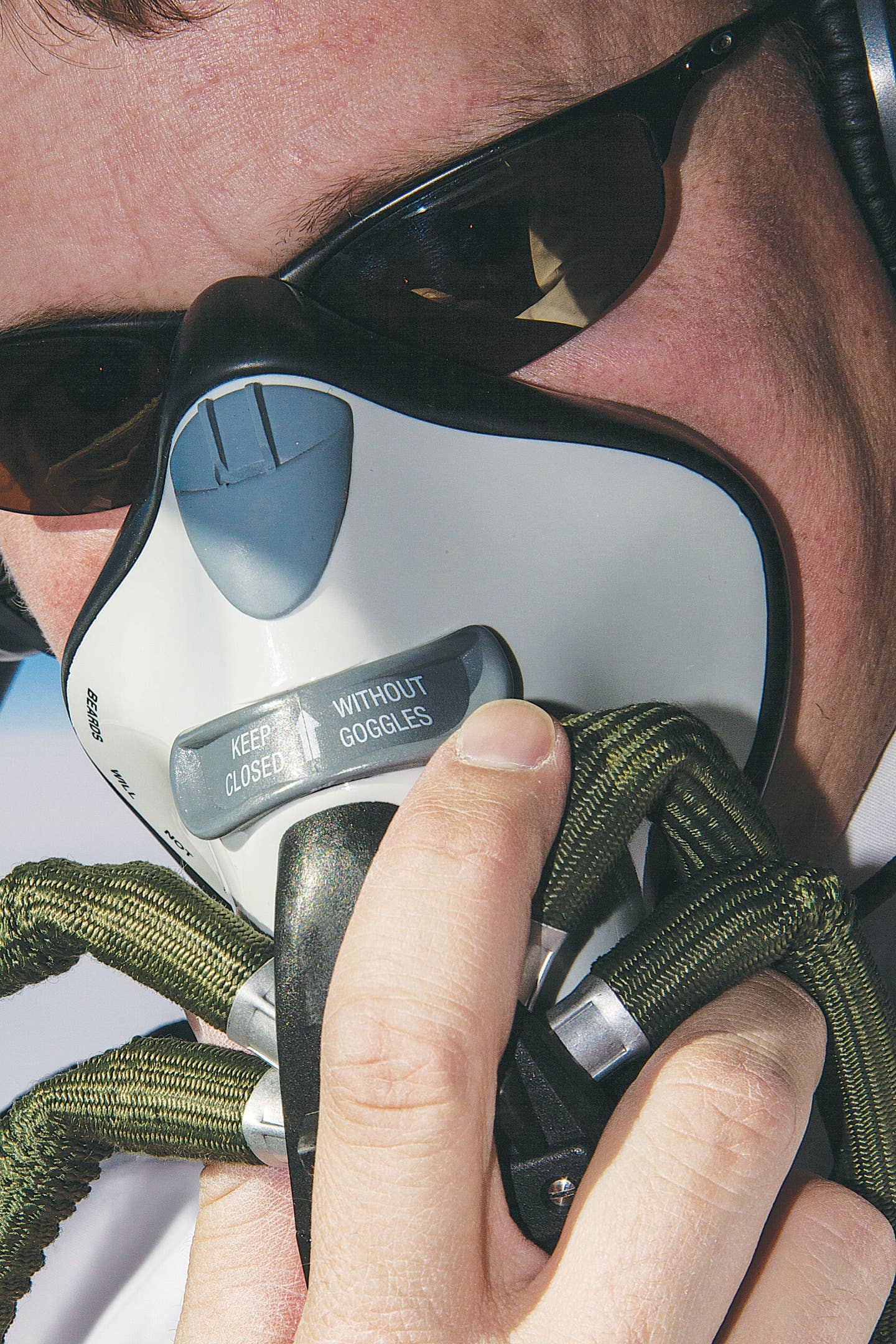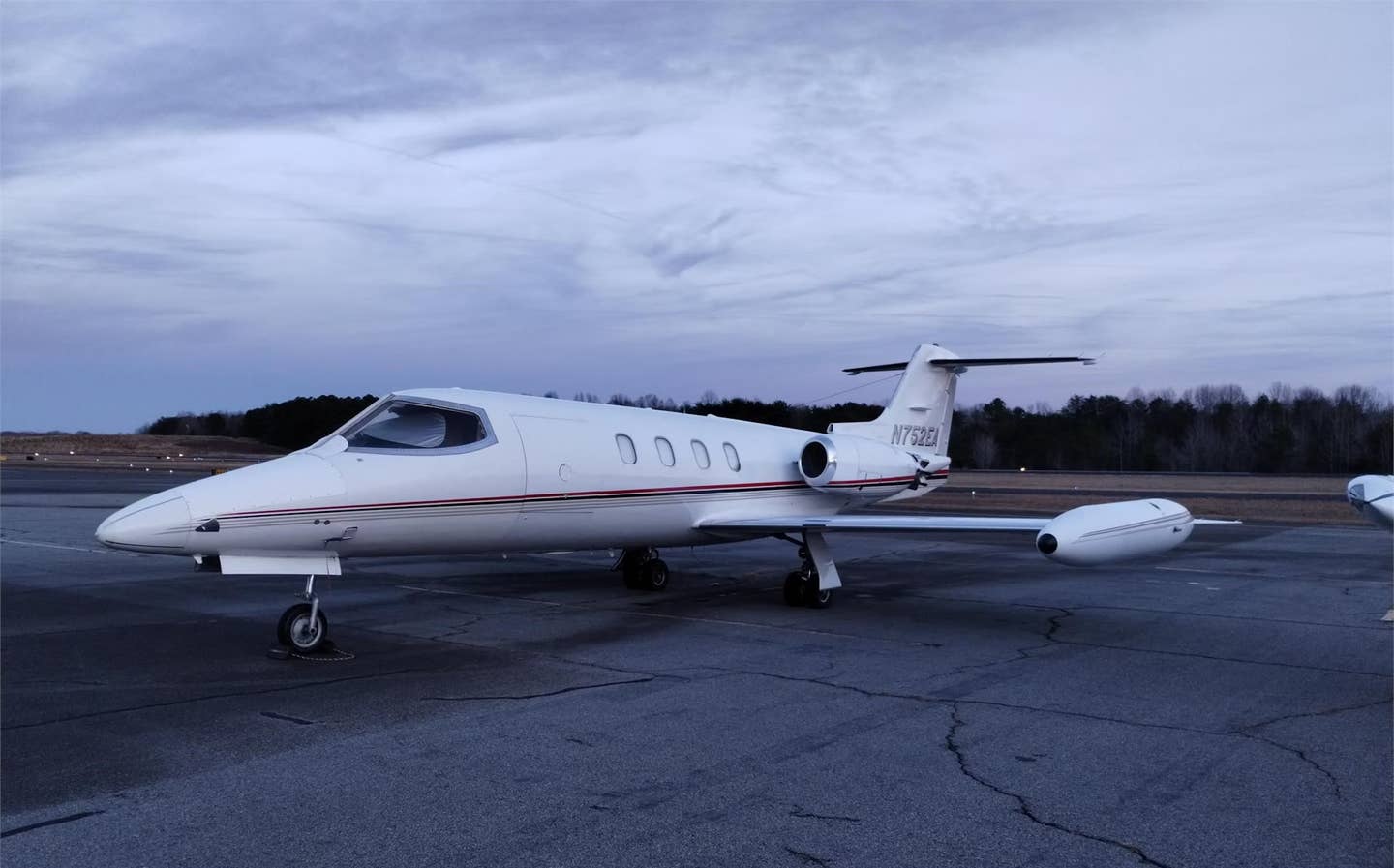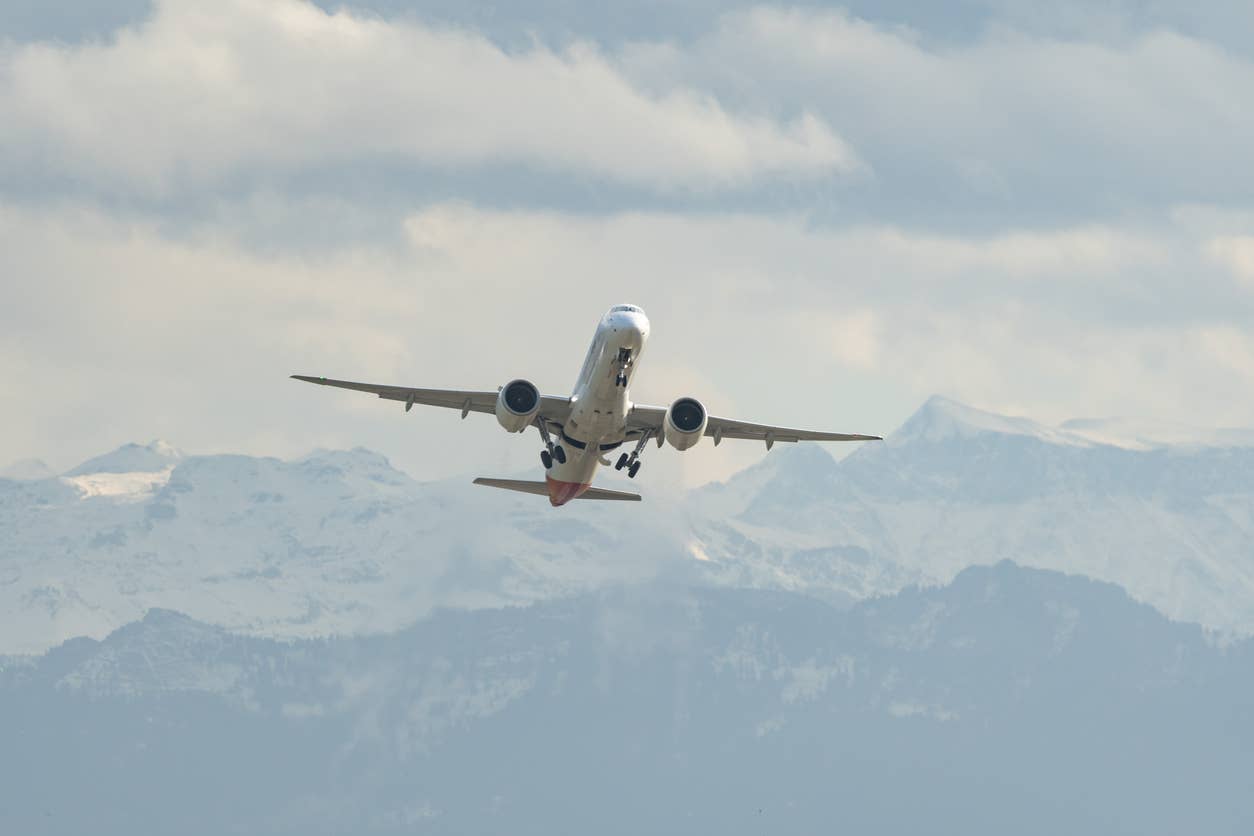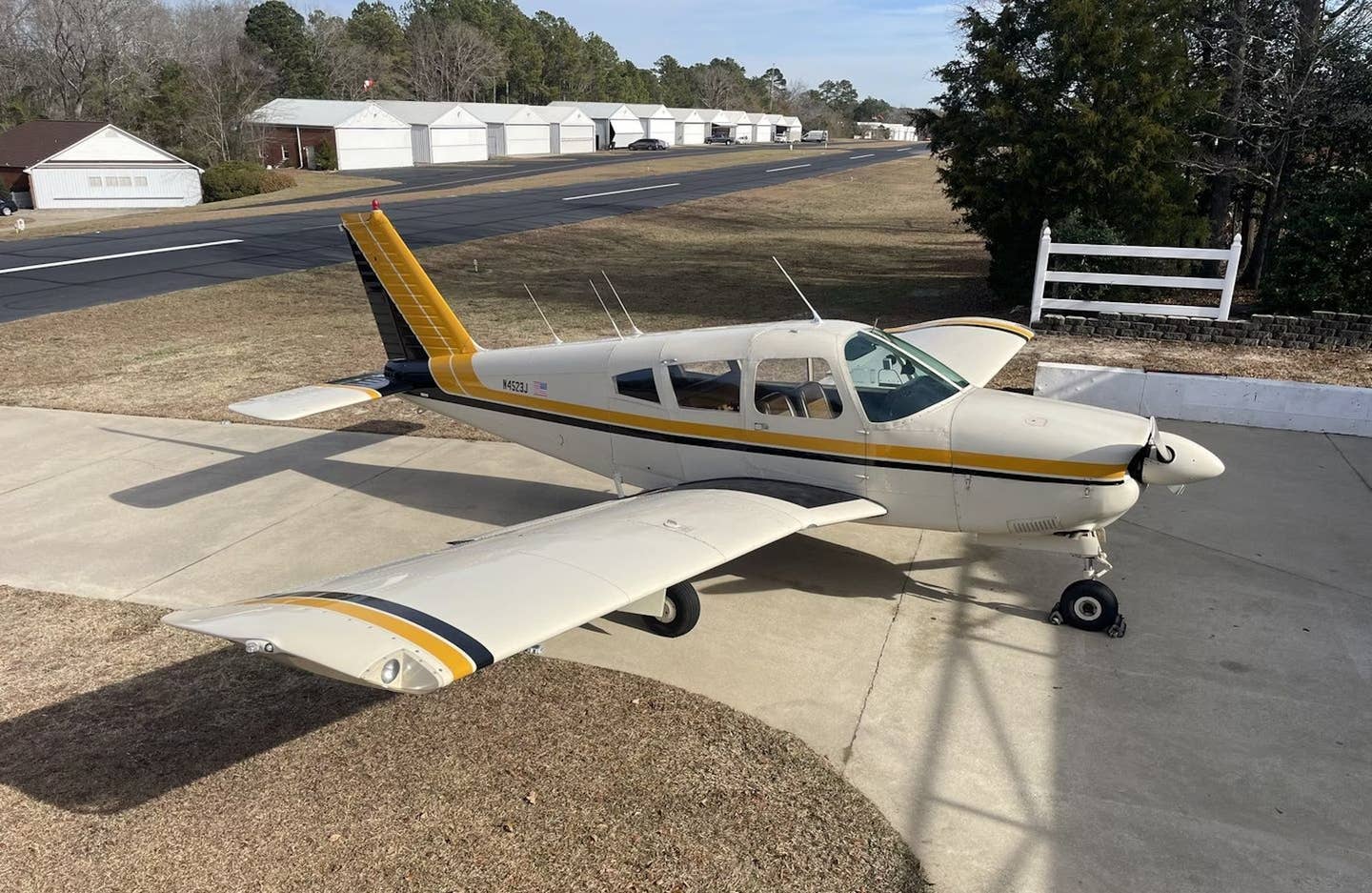
After I wrote (Technicalities, April) that BR in the metars stands for brume, which is French for mist or fog, a reader, Bob Bartch, with whom I was exchanging e-mails on another topic, commented that he had learned that word from a lyric by an American-French singer, Joe Dassin, who covered Gordon Lightfoot's profoundly morose 1965 "In the Early Morning Rain" under the title "Dans la brume du matin" (the sadness of French mist being roughly equal to that of American rain). This got me thinking about another great airport song, Elton John's Daniel, in which a younger brother watches the departure of an older who has apparently been blinded by accident or war, and who is now flying away to live in Spain. (It always bothers me that the song gets the color of the tail light wrong, but it's touching nonetheless.)
Elton John's singer is in the departure lounge, whereas Lightfoot's and Dassin's alcoholic drifters seem to be loitering outside the airport fence. (Today, they would probably be detained on suspicion of terroristic intentions.) And whereas the emotion of John's lyric centers upon the departing brother, that of Lightfoot's concerns the airplane itself, its independence and freedom, its allegiance to heaven rather than earth. Listen for the truth in this (while trying to ignore the painful clunkers about mighty engines and silver birds):
… she's rolling now at last
Hear the mighty engines roar, see the silver bird on high, She's away and westward bound, high above the clouds she'll fly, Where the early rain don't fall and the sun always shines, She'll be flying o'er my home in about three hours time …
This old airport's got me down, it's no earthly use to me, Cause I'm stuck here on the ground, cold and drunk as I might be
Lightfoot's plane is a 707; Dassin replaces it with a Caravelle, and just glimpses the glitter of its wings before it vanishes into the fog, leaving behind only a faint trail of smoke. Dassin sounds as if he may actually have seen a plane take off and noticed what it looked like. But both lyrics convey something peculiarly poignant about the departure of an airplane.
Those reflections in turn put me in mind of the scene in Casablanca in which Borgart bids farewell to Ingrid Bergman. Her airplane -- performed, by the way, partly by stock footage of an implausibly clean Lockheed 12 and partly by a cardboard cutout serviced by midgets -- also disappears into fog, and the last thing we glimpse of it is its white -- not red -- tail light. That scene, I must say, does not hold up as very heartbreaking these days; once the wet-eyed, diffused Bergman is airborne, Bogart and Claude Rains practically link arms and skip away.
Nevertheless, when Juliet oxymoronically told Romeo that "parting is such sweet sorrow," she was clearly not at an airport. The departures of trains and ships are sad enough ("All it takes is a ship leaving to ruin everything," said Piaf in "Milord "), but they mosey away slowly and remain on the surface, like us, still seemingly able to be caught or called back if we are sufficiently desperate. Planes are brutal and absolute in their going-away; they ascend swiftly and triumphantly into heaven, become invisible, and leave their watchers cut off, earthbound and humiliated.

Subscribe to Our Newsletter
Get the latest FLYING stories delivered directly to your inbox






